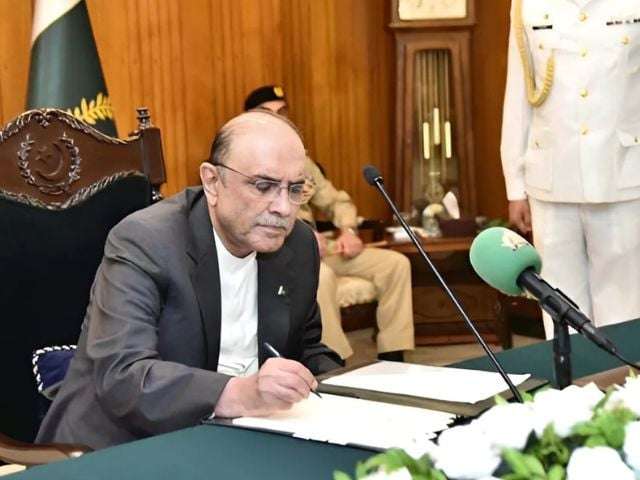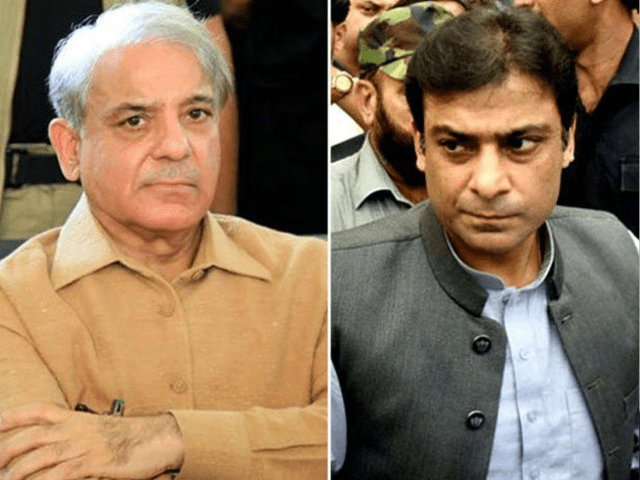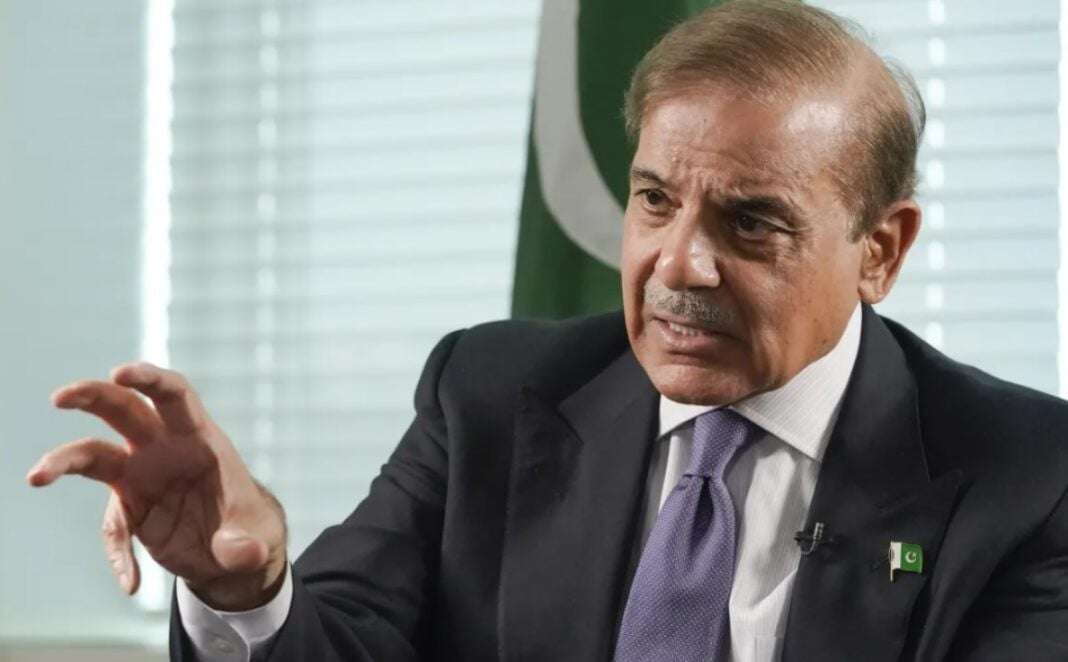Introduction
In a significant development, President Asif Ali Zardari has officially signed the Prevention of Electronic Crimes (Amendment) Bill 2025 (PECA), endorsing legal reforms aimed at combating digital crimes in Pakistan. The legislation has sparked intense debate among media professionals, civil society, and political leaders due to its potential impact on freedom of speech, online regulation, and digital rights.
Alongside the PECA bill, President Zardari also approved two other key legislative measures—the Digital Nation Pakistan Bill 2025 and the National Commission on the Status of Women (Amendment) Bill 2025—both of which aim to enhance Pakistan’s digital infrastructure and promote gender equality.
This article delves into the controversial PECA amendments, their implications, the reactions from political and media circles, and the broader impact on digital freedoms in Pakistan.
What is PECA? Understanding the Prevention of Electronic Crimes Act
A Brief Overview of PECA
The Prevention of Electronic Crimes Act (PECA) was initially introduced in 2016 to tackle cybercrimes, online harassment, hacking, and misinformation. The law provided authorities with the legal framework to combat online offenses and regulate electronic communication.
However, the latest amendments under the PECA Amendment Bill 2025 have strengthened the law, introducing stricter penalties for online defamation, spreading fake news, and hate speech.
Key Amendments in the PECA 2025 Bill
- Stronger Penalties: Up to three years of imprisonment and fines up to Rs2 million for spreading false or misleading information.
- Establishment of Digital Rights Protection Authority (DRPA): A new body tasked with monitoring, regulating, and enforcing digital ethics.
- Expanded Definition of Social Media Platforms: New provisions requiring social media companies to register locally and appoint representatives in Pakistan.
- Increased Government Oversight: Authorities will have more power to investigate complaints, remove unlawful content, and take legal action against violators.
These amendments have raised concerns among journalists, digital rights activists, and opposition parties, who believe that the new law could stifle press freedom and enable censorship.
Political Controversy Surrounding PECA 2025
PPP and the Lack of Consultation
While the Pakistan Peoples Party (PPP) supported the bill in both the National Assembly and the Senate, several party leaders, including Sherry Rehman and Bilawal Bhutto Zardari, later expressed concerns over the lack of consultation with journalists and civil society.
Speaking to journalists, Sherry Rehman stated:
“We were assured that all stakeholders would be consulted, but that did not happen. We support amendments that uphold freedom of speech while tackling disinformation.”
Similarly, Bilawal Bhutto Zardari emphasized that the bill could have been improved had the government engaged journalists’ organizations and digital rights groups.
Media Protests Against PECA Amendments
The Pakistan Federation of Union of Journalists (PFUJ) and several media organizations have strongly opposed the PECA 2025 amendments, viewing them as a threat to press freedom.
In response, media unions, civil society groups, and lawyers’ organizations staged protests in front of the Karachi Press Club, demanding a review of the law.
Senior journalist Mazhar Abbas criticized the amendments, stating:
“The government must learn from past mistakes. PECA was initially used against opposition parties, and now it can be misused again to suppress dissent and critical voices.”
Government’s Justification for PECA Amendments
Combatting Fake News & Online Misinformation
The government maintains that the amendments are essential for tackling fake news, cybercrimes, and online defamation. Authorities argue that disinformation campaigns on social media platforms have harmed Pakistan’s political and social fabric, justifying stricter regulations.
Digital Rights Protection Authority (DRPA)
The establishment of the Digital Rights Protection Authority (DRPA) aims to monitor and regulate online platforms, ensuring that content violations are swiftly addressed.
The DRPA will have the authority to:
- Investigate complaints against digital content
- Direct social media companies to remove unlawful material
- Enforce digital ethical standards
However, critics argue that the vague wording of the amendments could lead to censorship of political dissent and press freedom violations.
Concerns Over Censorship and Press Freedom
A Tool for Political Suppression?
Many journalists and media organizations fear that the PECA Amendment Bill 2025 could be used to suppress dissent, silence critics, and punish investigative journalism.
Key concerns include:
- Ambiguous definitions of “fake news” could allow authorities to target critical reporting.
- Increased government control over online platforms may discourage independent journalism.
- The risk of self-censorship, as journalists and citizens fear legal action for expressing opinions online.
International Human Rights Groups Weigh In
Several international organizations, including Human Rights Watch (HRW) and Reporters Without Borders (RSF), have condemned the amendments, urging the Pakistani government to revise the law to ensure press freedom and digital rights.
In a statement, HRW called on Pakistan to amend the law, warning that:
“PECA 2025 threatens fundamental freedoms. The government should consult with journalists, digital rights experts, and civil society before implementing these draconian measures.”
Future Implications of PECA 2025
Striking a Balance Between Regulation & Freedom
While regulating online content is necessary to curb misinformation and hate speech, the government must ensure that such laws do not infringe upon fundamental freedoms.
Need for Transparent Implementation
- Independent oversight bodies should be involved in monitoring the enforcement of PECA 2025.
- Clear guidelines must be issued to define “fake news” and “unlawful content” to prevent misuse of the law.
- Engagement with journalists, media organizations, and civil society should be prioritized to build consensus on digital regulations.
FAQs
1. What is PECA 2025?
PECA 2025 is the amended version of Pakistan’s Prevention of Electronic Crimes Act (PECA) 2016, introducing stricter penalties, increased government oversight, and the Digital Rights Protection Authority (DRPA) to regulate online content.
2. Why is the PECA amendment controversial?
The amendment has been criticized for its potential misuse against journalists, activists, and political opponents. Many fear it could suppress press freedom and censor critical voices under the guise of tackling fake news.
3. What are the penalties under PECA 2025?
Individuals found guilty of spreading false information or cyber defamation may face up to 3 years in prison and fines of Rs2 million.
4. How does the PECA law affect social media platforms?
Social media companies will be required to register in Pakistan, appoint local representatives, and comply with government regulations regarding content moderation.
5. Can the PECA law be challenged in court?
Yes, civil society organizations and journalists’ unions can file legal petitions challenging the amendments, arguing that they violate constitutional rights to freedom of expression.



